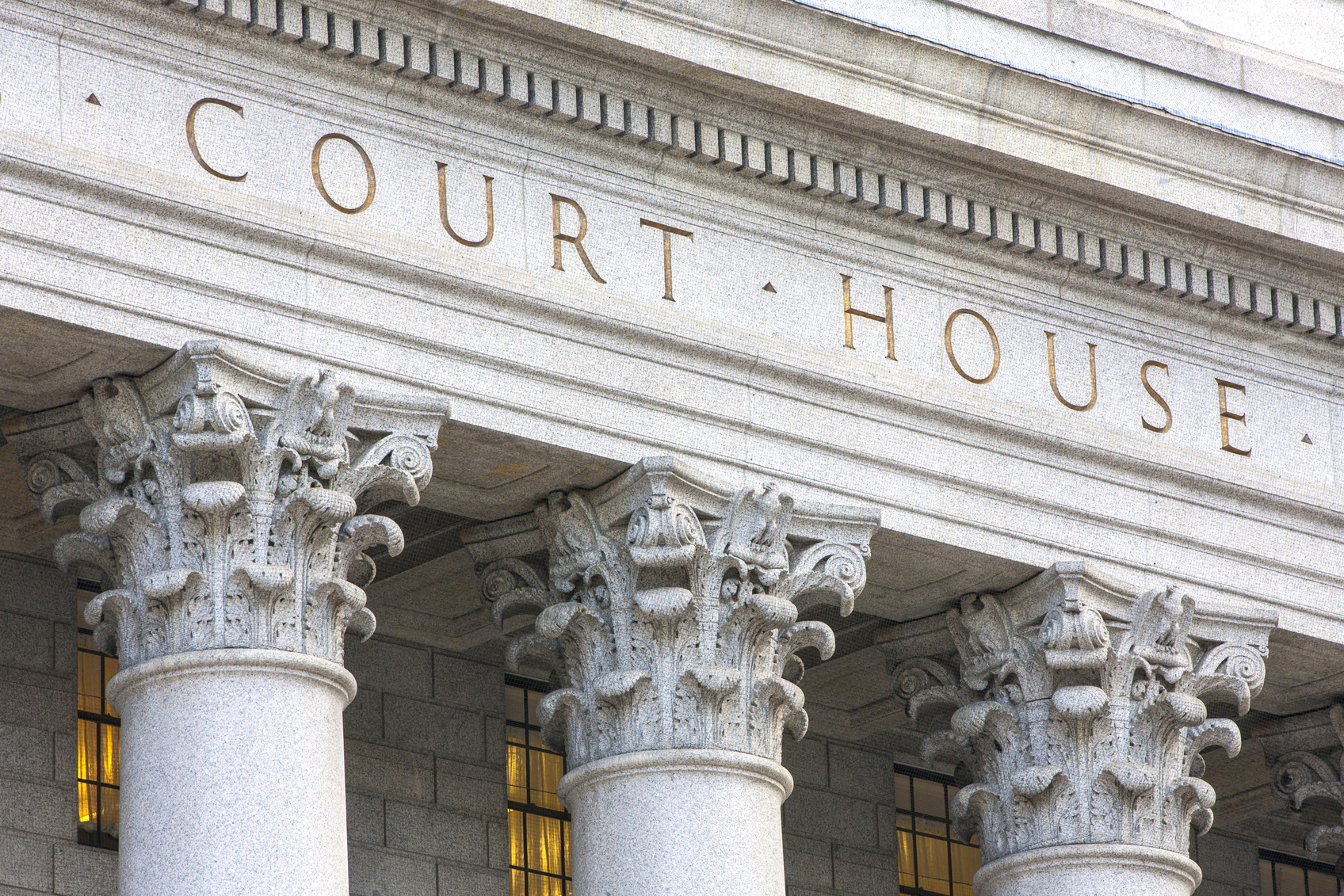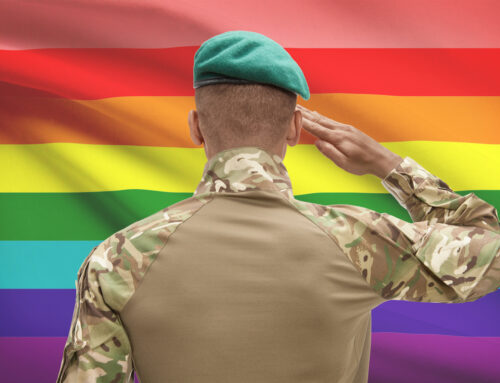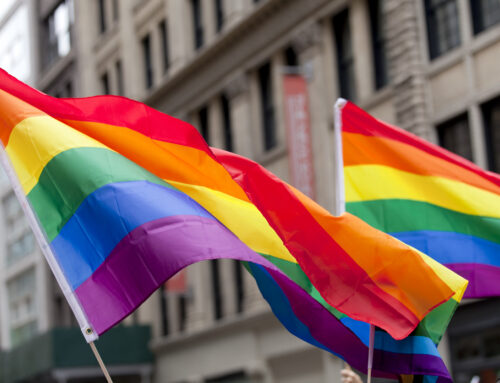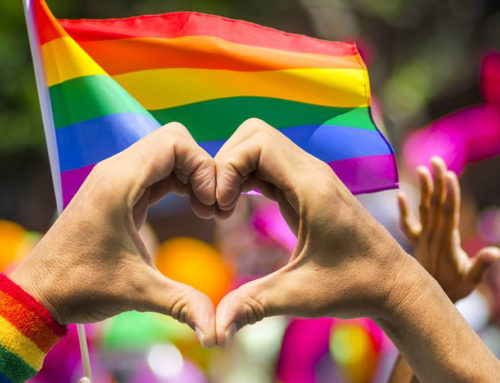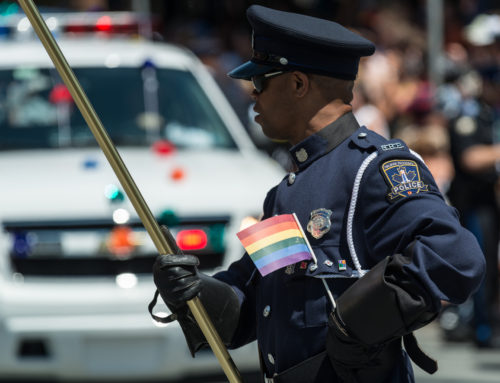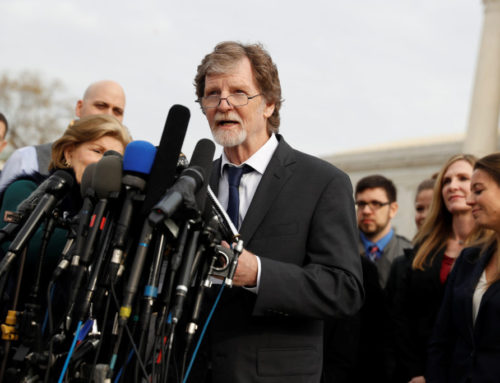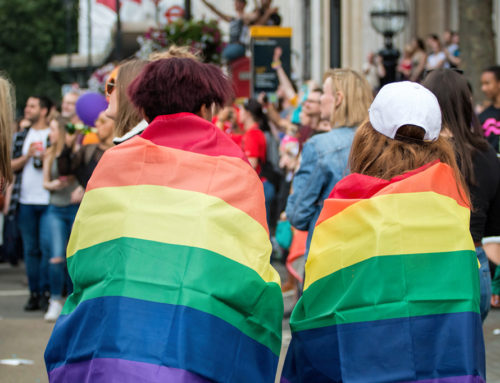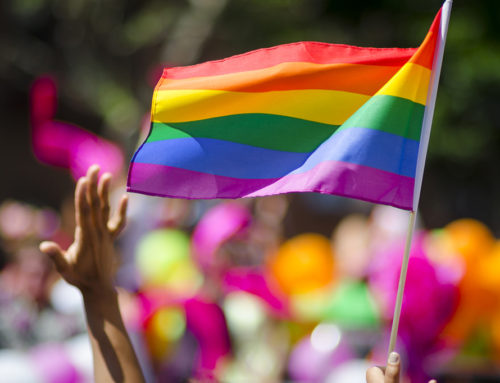June the 15th was a life-changing day for Chris Sanders. The United States Supreme Court declared that the 1964 Civil Rights Act’s Title 7 protected LGBTQ people against workplace discrimination. While this was the final word for most individuals, it may prove to be a hollow victory for the LGBTQ community encountering workplace hostility.
The Trump administration has not been consistent in its advocacy of the Bostock v. Clayton County, GA ruling. It could have terrible consequences, leaving almost four million workers uncertain on their rights when denied or fired from job opportunities due to their sexual orientation (queer, transgender, bisexual, or gay.)
The Problem with the Justice Department
Traditionally, the department of justice enforces new regulations and laws with the issuance of nonbinding guidance to alert the public of their responsibilities and rights. Federal agencies such as the equal employment opportunity commission, the department of education, and the equal employment opportunity commission take these instructions and develop their own.
However, the department of justice did not withdraw guidance that was not compliant with the law. Furthermore, the DOJ also failed to respond to a request coming from the 19th.
During 2017, the department of justice insisted that the title 7, which prohibits discrimination based on sex, fails to cover transgender or gay people as the Congress never passed particular LGBTQ protections. The DOJ also submitted a detailed brief to the Court, insisting the same in situations that eventually secured workplace protections for LGBTQ personnel.
Was there an Appeal?
The National Women’s law center, Lambda Legal, and various other pro-advocacy groups sent an appeal to Attorney General William Bar, trying to persuade him to instruct agencies to provide adequate guidance on the law. The appeal further stated that not addressing this situation would result in unnecessary confusion.
The main gripe everybody had was that the DOJ was not adequately positioned to systematize and implement the decision (Bostock) across the government. According to the advocacy organization’s legal director, these guidelines would be massively helpful for protecting LGBTQ employees. It would ensure that people don’t have any confusion about their rights and that everybody is aware of their obligations.
Inaction, silence and wrong messages will only make people liable and be detrimental to all parties involved. Businesses must have adequate knowledge about the mandate as they might break the law without being aware of it.
Lack of Enforcement Despite Agencies Issuing Guidance
More and more federal agencies are starting to develop their own guidance and not waiting for the DOJ any longer. The labor department, in particular, issues yearly posters alerting employees to their rights. These lists posters come with notices listing prohibited grounds for discrimination, including disability, age, and race.
The equal opportunity commission also issued its guidance after the ruling, declaring that employers cannot legally fire any woman being married to another woman. The commission’s website also showcases the example of an employer firing someone because of their sexual orientation.
Other information such as the brochure about preventing discrimination against transgender, bisexual, gay, and lesbian workers is still under review. Matters like these are quite delicate and complex, and the tiniest of blunders could cause confusion and pushback.
Most congress members of the Democratic Party claim that the Trump administration based most, if not its entire LGBTQ policy, claiming that the protections in Title 7 do not include gender identity and sexual orientation.
What do Advocates Fear the Most?
Advocates are dreading that more LGBTQ community people could lose their jobs because of the ongoing pandemic, leading to more confusion and protests. According to reputable data, LGBTQ Americans are especially vulnerable to the coronavirus. The human rights campaign states that one in five people from the LGBTQ community lived in poverty. Furthermore, most of these individuals work in the restaurant industry, arguably the field most affected by this pandemic.
Advocates also worry that many midsize and small business owners do not know about the rule changes. You’d be shocked to learn that Tennessee and twenty other states did not have adequate LGBTQ anti-discrimination policies. Without in-depth guidance from the department of justice that implements the ruling, expect people to sue their employers, although advocates believe that it is unlikely.
Why? Because the entire process is incredibly tedious. They will have to file a discrimination suit. Then they will have to wait for the lag time where they won’t be employed and will struggle financially because of the pandemic.

